SUMMARY
This is AI generated summarization, which may have errors. For context, always refer to the full article.
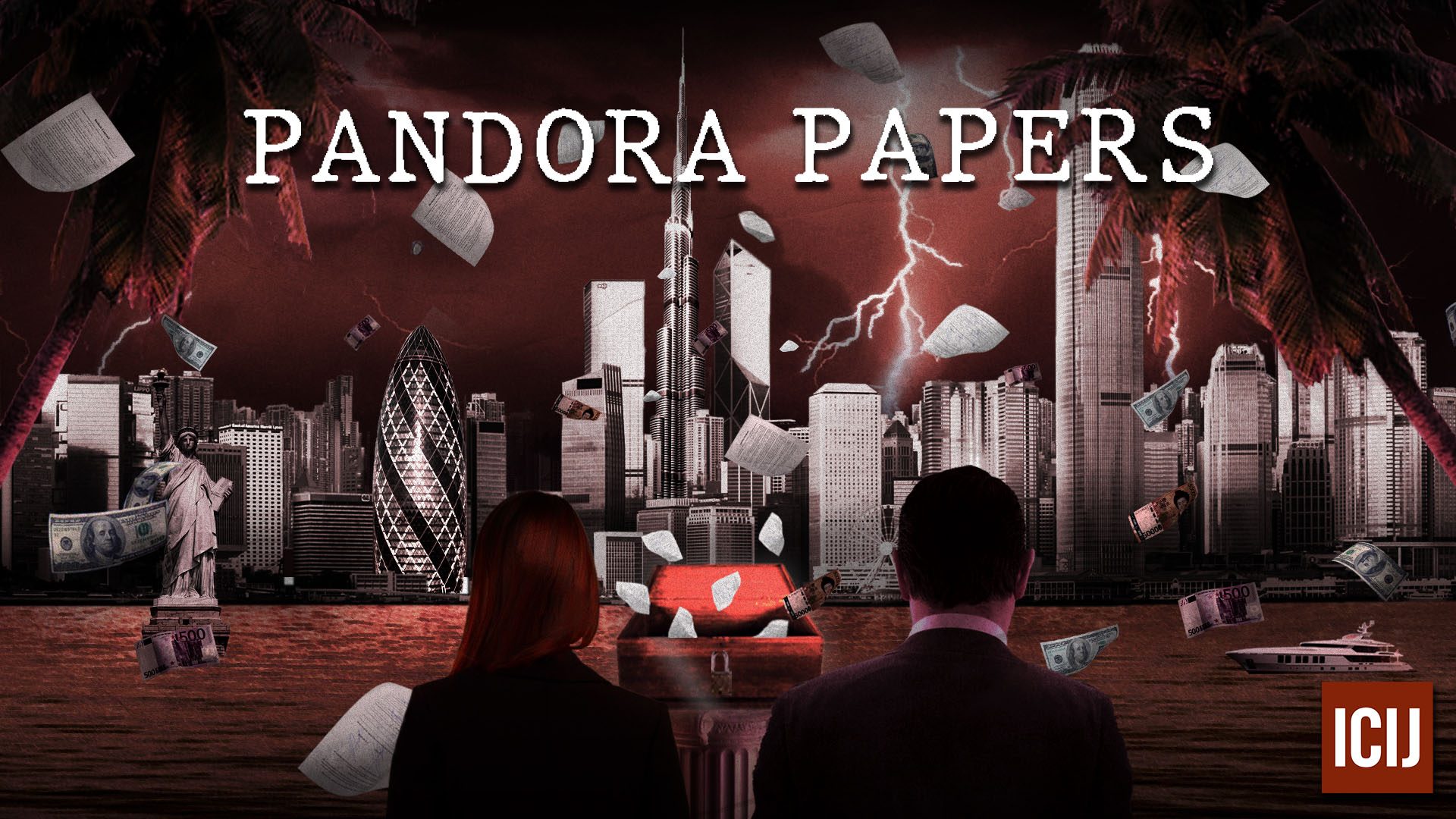
Millions of leaked documents scrutinized by 600 investigative journalists from 117 countries uncovered financial secrets of the world’s elite, politicians, fugitives, con artists, and murderers.
The International Consortium of Investigative Journalists (ICIJ), along with international partners, including Rappler and the Philippine Center for Investigative Journalism, collectively analyzed a total of 2.94 terabytes worth of data from 14 offshore service providers in what’s now called the Pandora Papers.
More than 330 politicians and 130 Forbes billionaires, as well as celebrities, fraudsters, drug dealers, royal family members, and leaders of religious groups around the world were found to have used tax and secrecy havens to buy property and hide assets.
The Pandora Papers investigation is larger and more global than even ICIJ’s landmark Panama Papers investigation in 2016.
The latest leak contains twice as much information about the ownership of offshore companies, revealing the real owners of more than 29,000 offshore companies.
The secret documents expose offshore dealings of the King of Jordan; the presidents of Ukraine, Kenya, and Ecuador; the prime minister of the Czech Republic; and former British Prime Minister Tony Blair.
The files also detail financial activities of Russian President Vladimir Putin’s “unofficial minister of propaganda” and more than 130 billionaires from Russia, the United States, Turkey, and other nations.
The Italian mobster, Raffaele Amato, has been tied to at least a dozen killings. The documents provide details about a shell company that Amato used to buy land in Spain, shortly before fleeing from Italy to set up his own crime gang.
The leaked records reveal that many of the power players who could help bring an end to the offshore system instead benefit from it. They have stashed assets in covert companies and trusts while their governments do little to slow a global stream of illicit money that enriches criminals and impoverishes nations.
At least $11.3 trillion is held “offshore,” according to a 2020 study by the Paris-based Organization for Economic Cooperation and Development.
Because of the complexity and secrecy of the offshore system, it’s not possible to know how much of that wealth is tied to tax evasion and other crimes and how much of it involves funds that come from legitimate sources and have been reported to proper authorities.
In most countries, including the Philippines, it’s not illegal to have assets offshore or to use shell companies to do business across national borders.
But these affairs often amount to shifting profits from high-tax countries, where they are earned, to companies that exist only on paper in low-tax jurisdictions.
Using offshore shelters is especially controversial for political figures, because they can be used to keep politically unpopular or even illicit activities from public view.
Read more about the Pandora Papers:
- About the Pandora Papers
- Offshore havens and hidden riches of world leaders and billionaires exposed in unprecedented leak
- Power players
Other stories in the Pandora Papers Philippines series:
- Pandora Papers: Mystery names hold bulk of Philippine-linked offshore accounts
- Transport chief Tugade keeps offshore firm off business list
- PROFILES: Filipino tycoons, government officials in Pandora Papers leak
- Tugade says offshore investments has ‘barely moved’ while he’s in government
– Rappler.com
Add a comment
How does this make you feel?



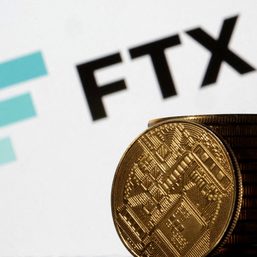


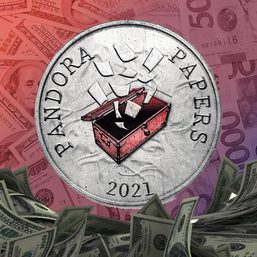
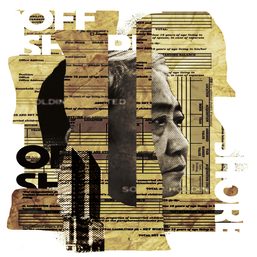
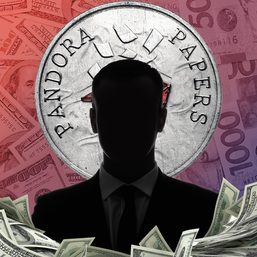
There are no comments yet. Add your comment to start the conversation.